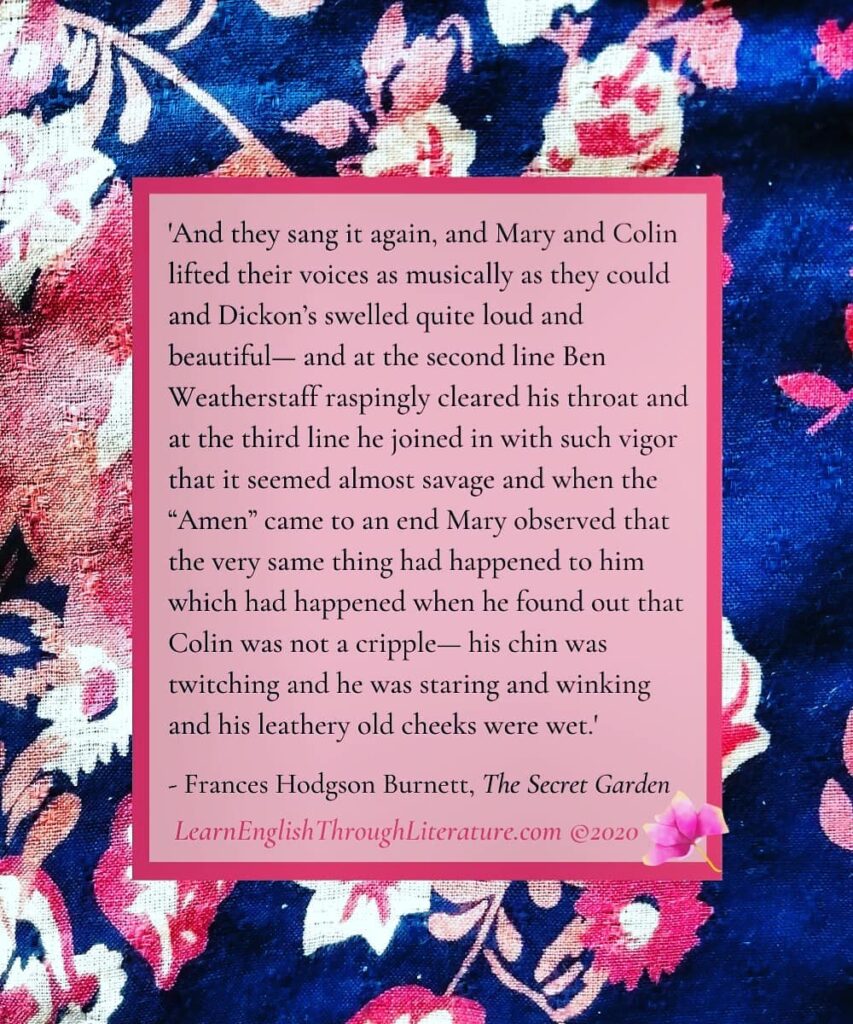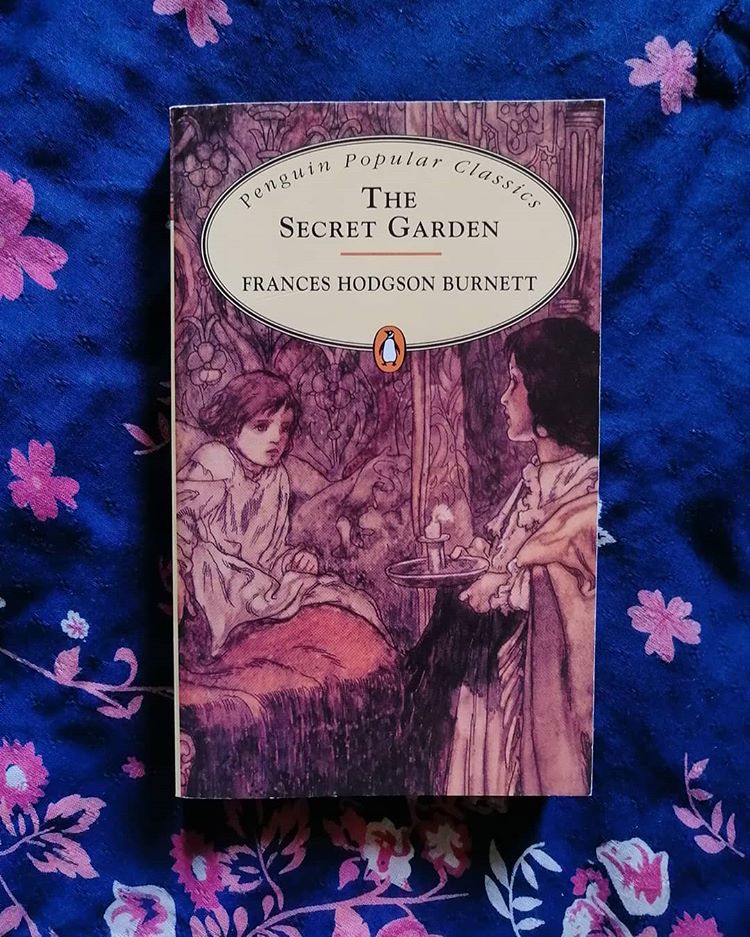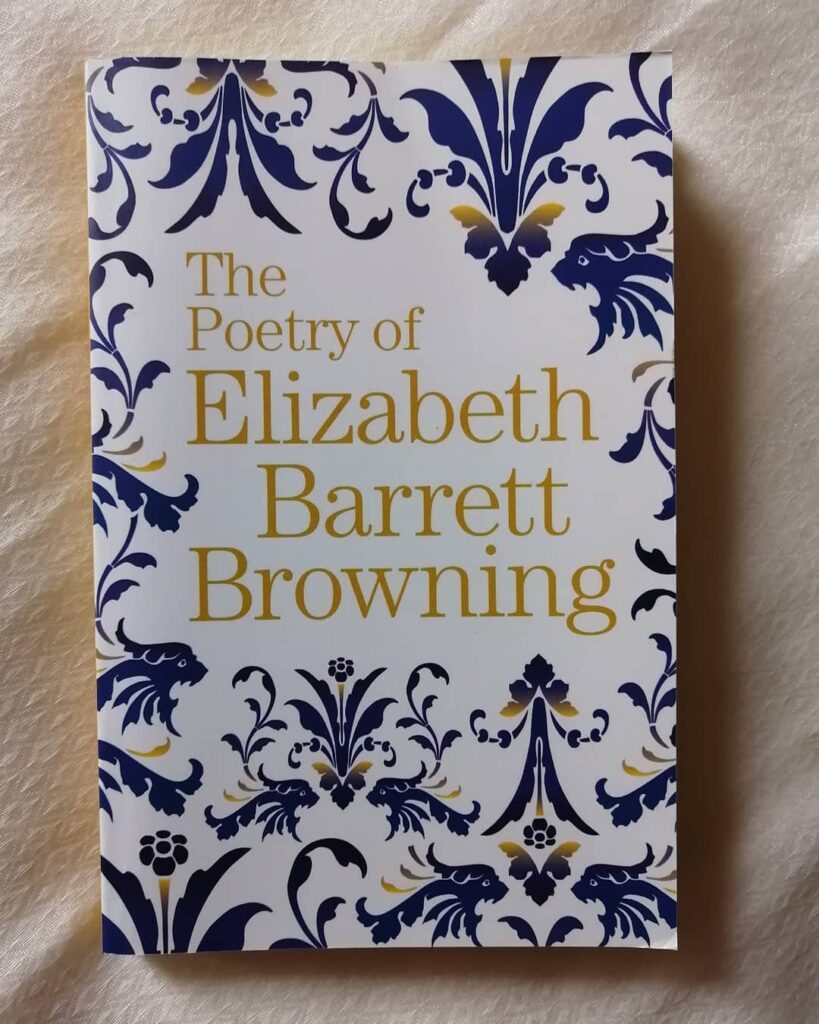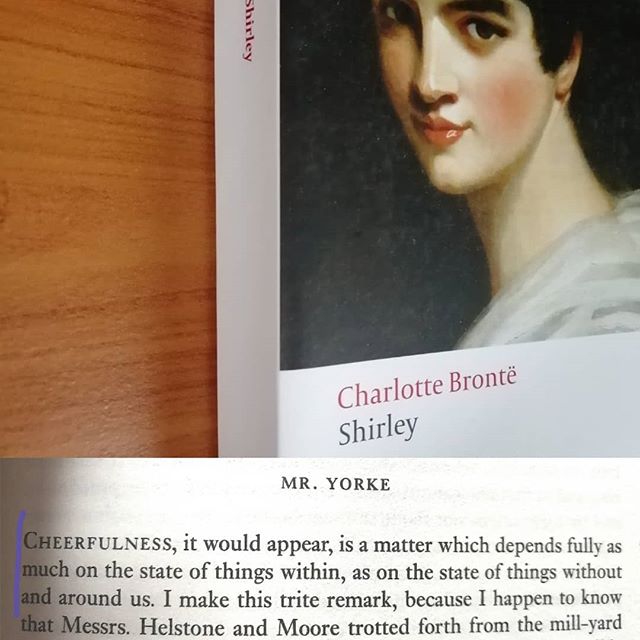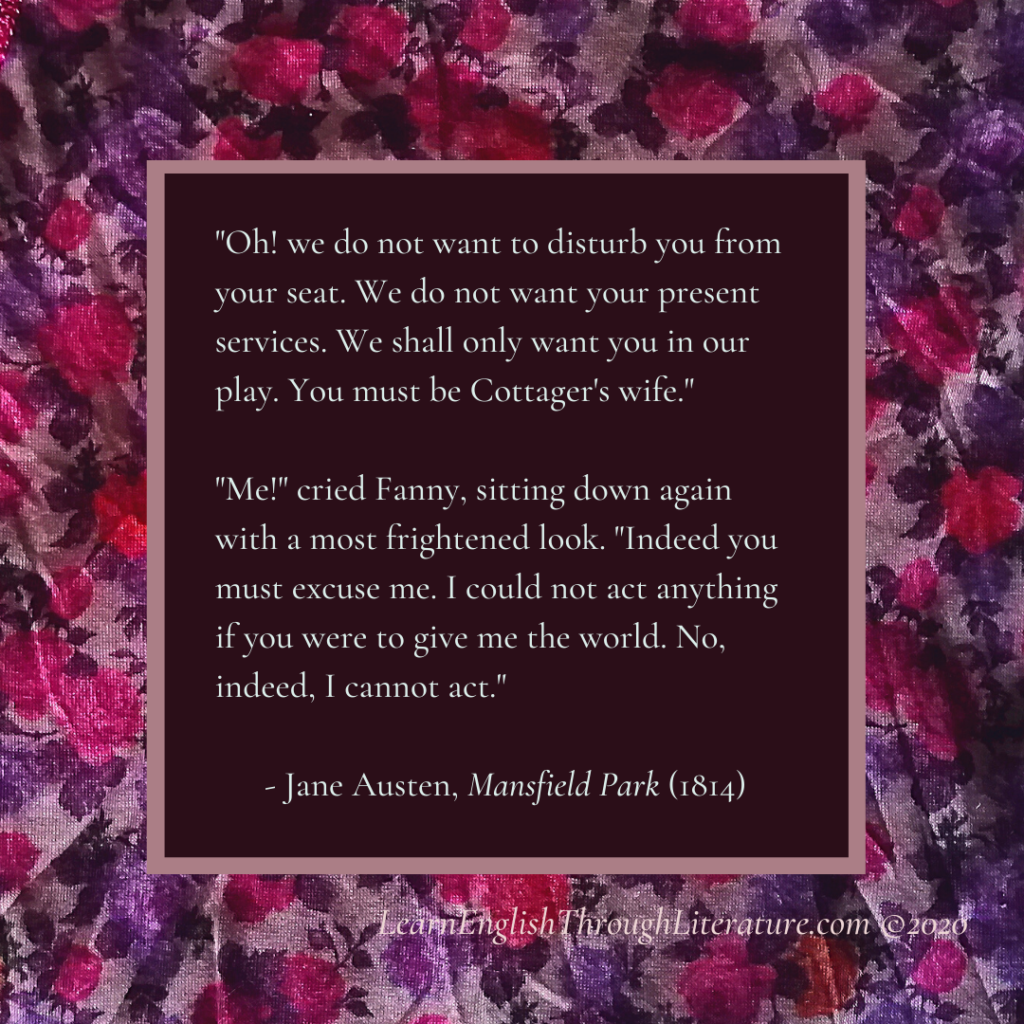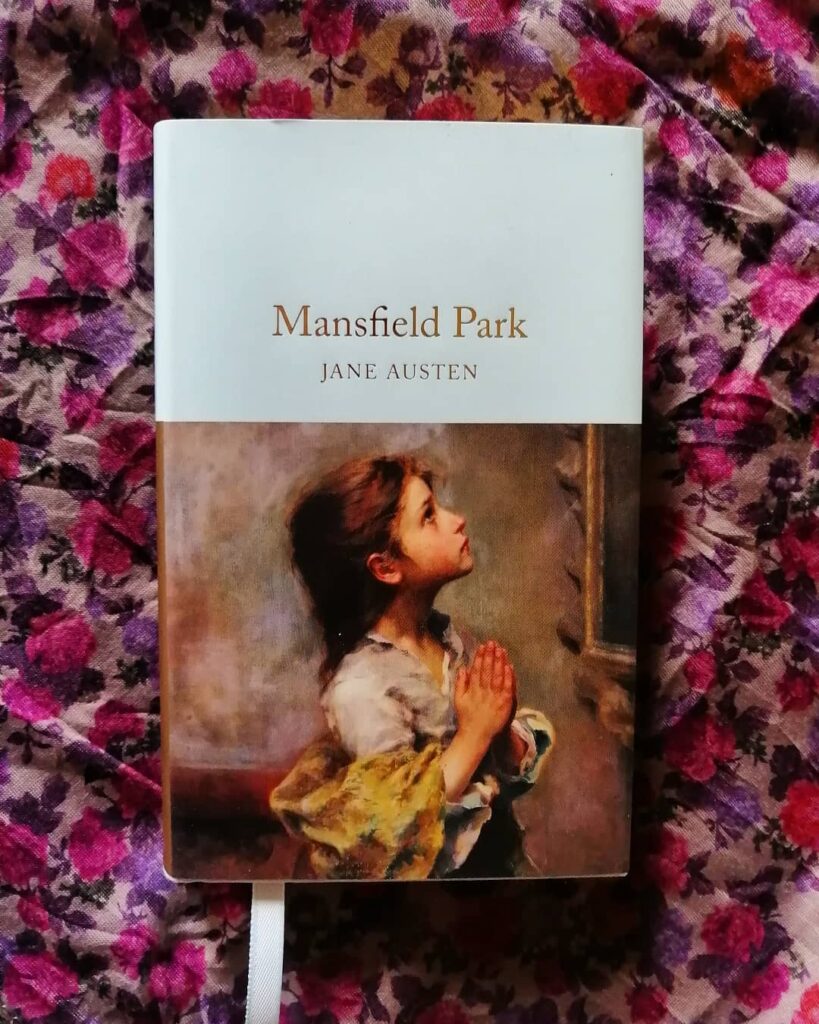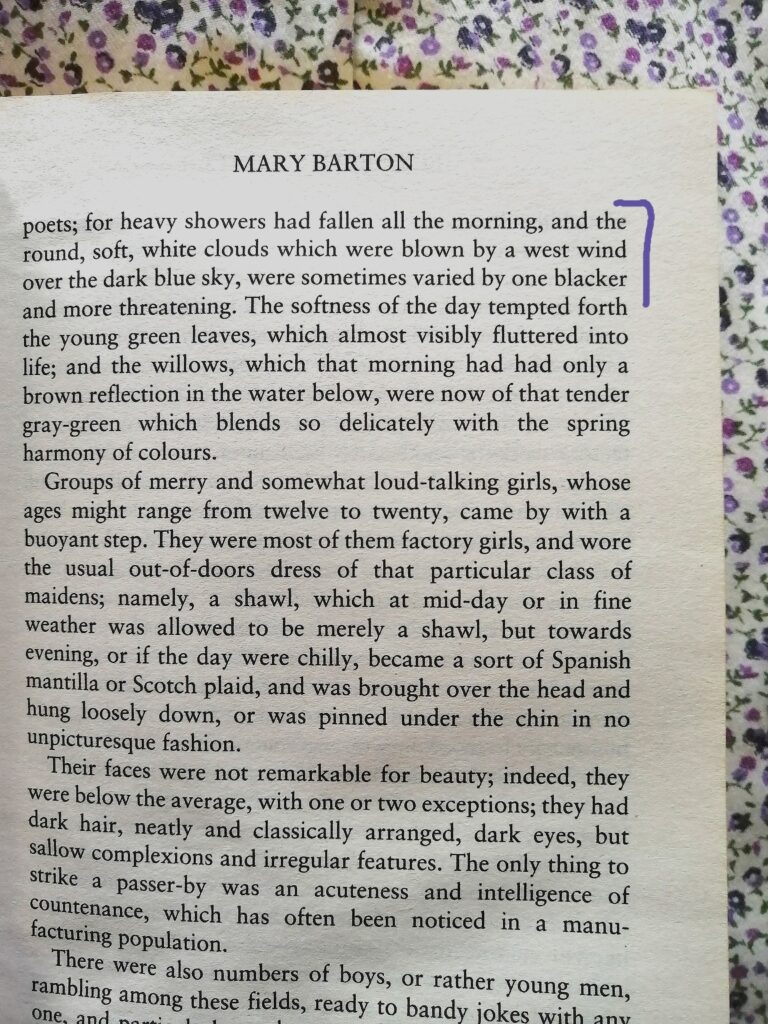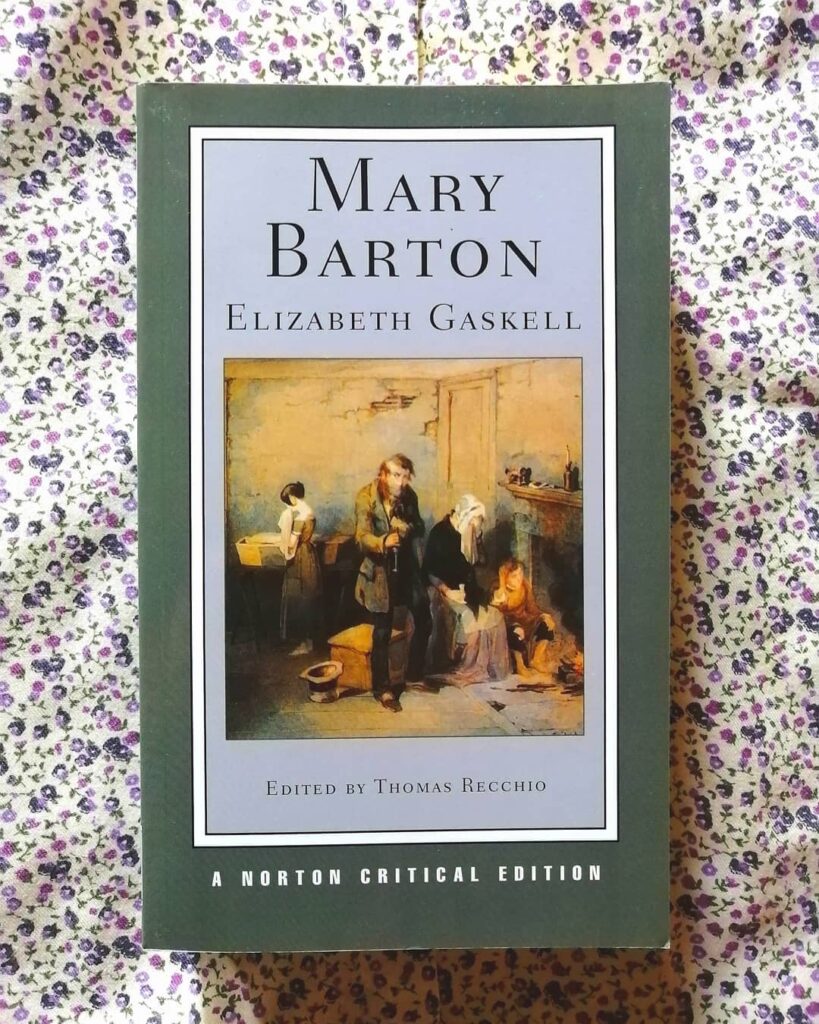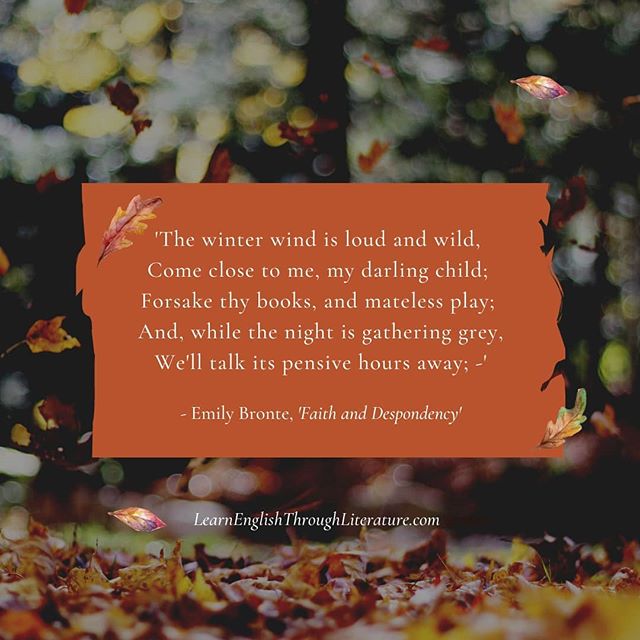Lesson #140 (Part 2): How To Correctly Identify And Position Adverbs
🍁 ‘Marilla whisked into the kitchen, grievously disturbed, leaving a very much distracted little soul in the porch behind her. Presently Anne stepped out bareheaded into the chill autumn dusk; very determinedly and steadily she took her way down through the sere clover field over the log bridge and up through the spruce grove, lighted […]
Lesson #140 (Part 2): How To Correctly Identify And Position Adverbs Read More »



